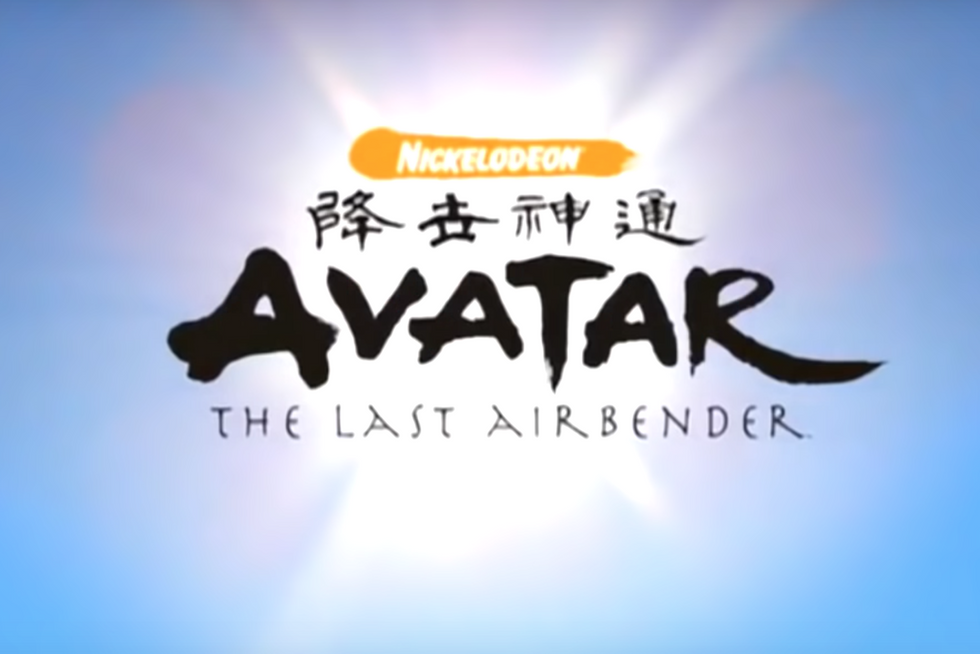Avatar: The Last Airbender ended in 2008, but I've watched the full series at least ten other times since then. I was a big fan of ATLA when it was first airing, but sometimes I marvel at how lasting it's impact is over a decade later. I've seen ATLA bumper stickers and tattoos depicting the four elements, not mention that I myself have a "Jasmine Dragon" sticker on my laptop resembling the Starbucks logo. ATLA was incredible. It's witty, fun, emotionally impactful, interesting in plot, and filled with relatable characters. "Korra" was a nice attempt to follow up on a passionate fanbase, but it ultimately didn't resonate with viewers to the same degree. That said, sometimes people wonder why I'm still so invested in a kid's cartoon from the 2000s. Here's why.
The show referenced a variety of cultures from around the world
If you've watched the show, you've probably realized that there aren't actually any "white" characters in the Avatar-verse. Not that European cultures aren't valid, but it is notable that the show was created as an appreciation of cultures that often go overlooked. The art and music were heavily influenced by East and South Asia, and the different nations clearly reference Asian and indigenous traditions. Earth Kingdom cities were based off of real cities in East Asia, and the culture depicted drew from various East Asian nations as well. The same applies to the fire nation, which was originally modeled off of Japan and China. The water tribes have their foundations in Inuit and Sireniki cultures, and the air nomads are based on Tibetans, Sri Lankan Buddhists, and Shaolin Monks. There are many other historical references throughout "Avatar," including a nod to ancient Mesopotamia in the Sun Warriors.
The characters were complex and relatable
"ATLA" didn't just give us a typical group of teenage heroes, with each one fitting into a typical mold. They were complex and realistic, and that's what made them relatable. We saw Aang balance his role as Avatar with his personal moral philosophy, all while experiencing the onset of puberty and young adulthood. We watched Katara struggle with responsibility as the main female role model in her family after her mother's death. We observed and related to Toph and Zuko's complex relationships with their families, including the influence that an abusive parent can have on a young life. We experienced the struggles of inferiority to "better" friends with Sokka, and even learned about toxic friendships with Mai and Ty Lee. These were all growing kids and teenagers, and nothing could have been more genuine.
"ATLA" gave us some incredible, strong female leads to look up to
Katara was truly the first feminist I ever encountered on television. Not only did she become a master waterbender in the span of weeks, she also taught the Avatar! And the whole time, she reminded us that strong fighters can be feminine too. Meanwhile, Toph showed us that just because a person has a disability, doesn't mean that they are defined by it. In fact, Toph's blindness only enhances her abilities, rather than holding her back. We also encounter powerful female characters like Azula (I know, she's evil, but that doesn't make her any less of a prodigy), Ty Lee, Mai, Suki (and all the Kyoshi warriors for that matter), Smellerbee, and even Princess Yue (who literally died for her people, mind you).
It made a deep, dramatic topic witty and fun
It occurred to me recently that "Avatar" is basically about imperialism and genocide. The Fire Nation decides to take over the world through military force, and it does so by exterminating an entire people and occupying and colonizing everyone else. For such a deep topic, you wouldn't think the show would be quite as fun as it is, but it is. I've restarted watching, and I find myself constantly laughing. With Sokka's sarcastic comments, Iroh's oddities, and everybody else's regular quips, "ATLA" is regularly lighthearted and never takes itself too seriously.
There's some real wise advice throughout
Finally, what "ATLA" is really known for, is its heart. Uncle Iroh provides us with a regular understanding of the world around us, encouraging us to see the world in balance and look for our true selves. His wise words ring true throughout childhood and adulthood. The underlying themes and messages of the show, including balance, friendship, love, and loyalty, all serve the greater purpose of advising the audience.
In summary, "Avatar" was amazing. If you haven't, I highly recommend you do. If you have, maybe go rewatch!












